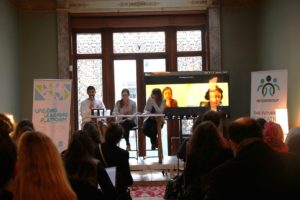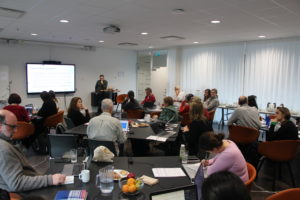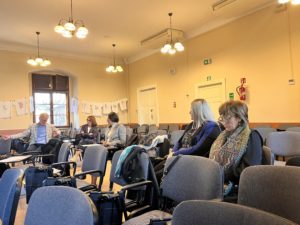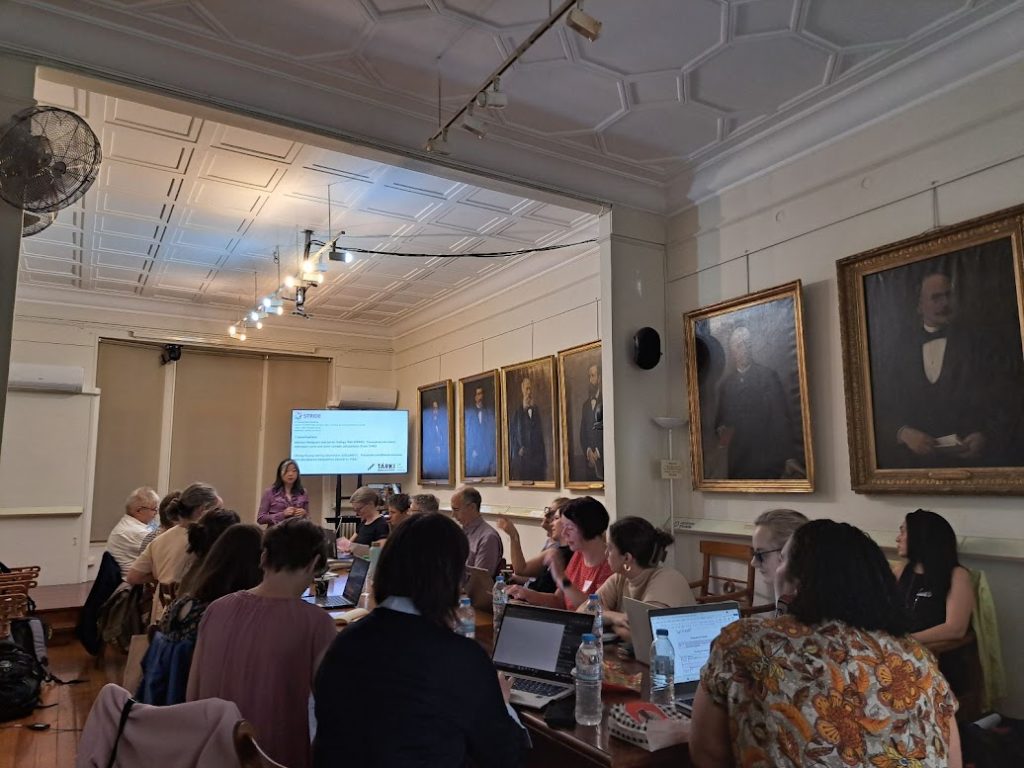The example of the Sure Start policy
The Roehampton team, led by Professor Bryony Hoskins, Post-doctoral Researcher Khuyen Dinh, and Research Assistant Sofia Ferrer, has been working on a national report as part of the Horizon Europe STRIDE Project.
Their case study focuses on the Sure Start programme in England, launched in 1998. This early childhood policy aimed to support families in deprived areas, giving children facing multiple disadvantages the best possible start in life. Sure Start services included healthcare and advocacy, parental support, quality play and learning opportunities, outreach activities, and home visits.
How did we study it?
To understand how effective Sure Start was in reducing inequalities in education, the Roehampton team used a combination of methods:
- Data analysis: studying long-term trends in educational outcomes.
- Interviews: speaking with policymakers and stakeholders involved in Sure Start.
- Media analysis: examining how six major tabloid and broadsheet newspapers reported on the programme over time.
By bringing these perspectives together, the team could look not only at measurable outcomes, but also at the wider political and social impact of Sure Start.
What did we find?
The first results are encouraging. Children from Sure Start areas were more likely to achieve higher-level educational qualifications, showing positive short- and medium-term effects. However, the long-term benefits appear less clear.
Interviews highlighted the importance of involving both families and communities in the programme, while also pointing to the challenges of evaluating local, community-focused initiatives like Sure Start.
The media analysis revealed how central Sure Start became in public and political debate. Many articles praised the programme, with families, local authorities, and MPs speaking out against funding cuts. Others, however, questioned whether it was reaching the children most in need. What is clear is that Sure Start generated significant public attention, underlining the importance of early childhood policies in shaping both lives and political agendas.
Why does this matter?
These findings offer valuable lessons for future policies aiming to reduce inequality. They show the potential of early intervention, while also reminding us of the challenges of sustaining long-term impact. The ongoing work of the STRIDE Project will continue to explore these questions across Europe, helping policymakers and researchers design programmes that truly make a difference.












